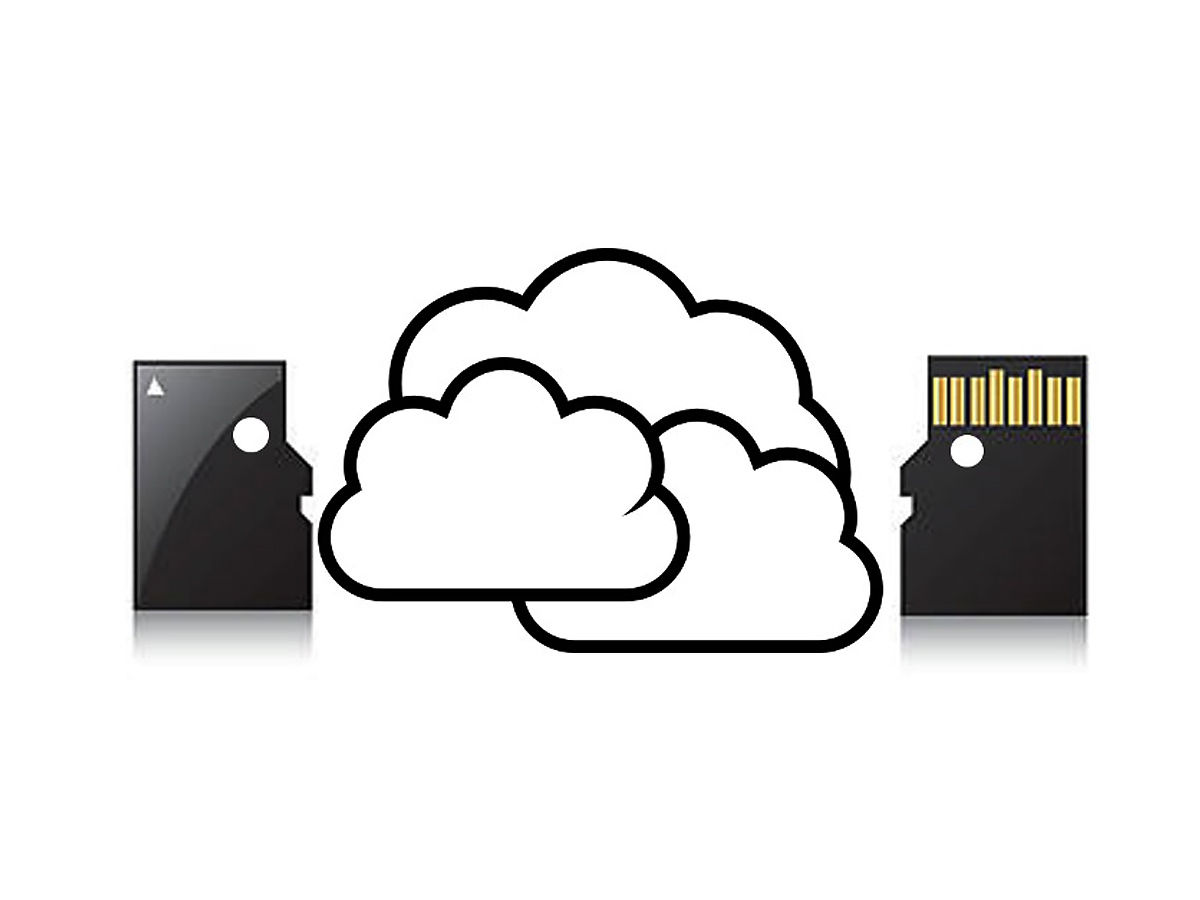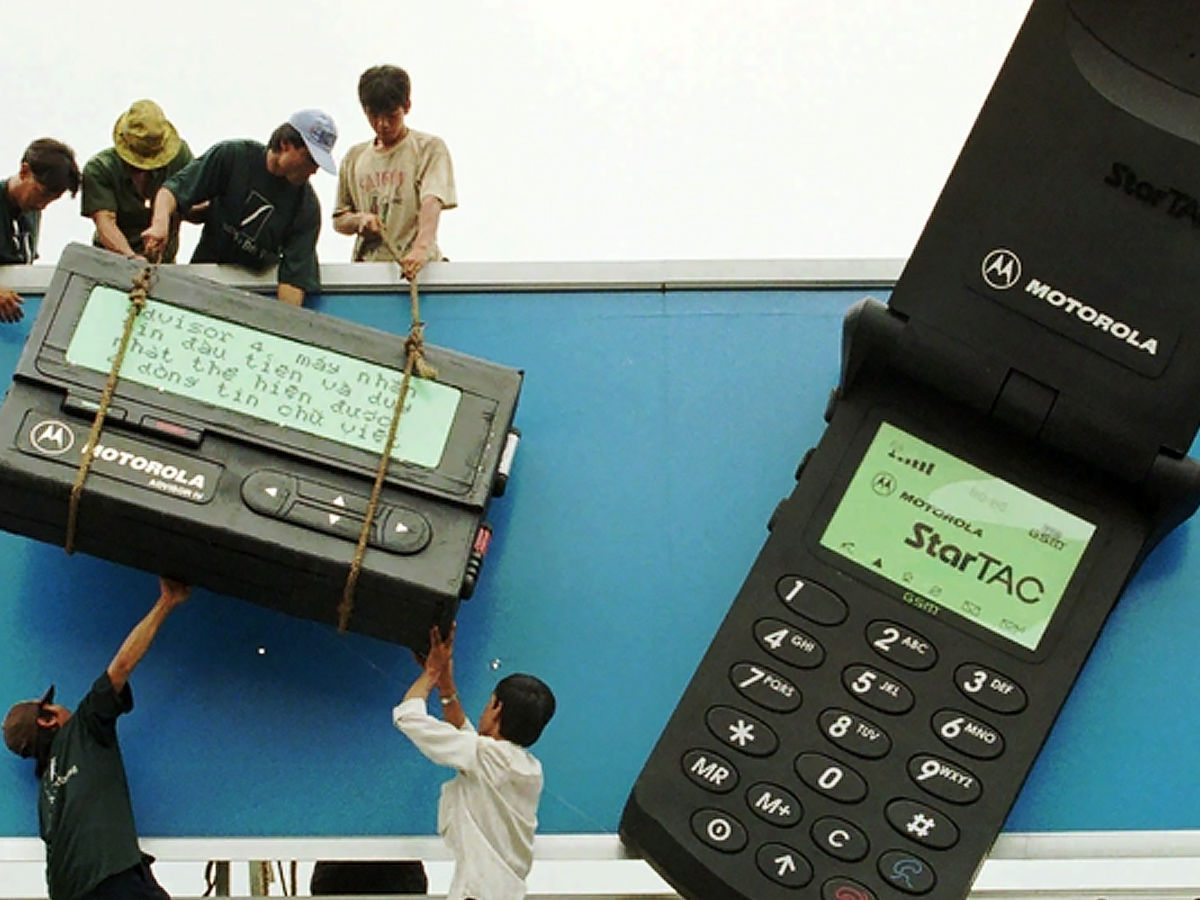The internet has been so rooted in and important to our everyday lives that it is almost impossible for us to visualize life without it, and many of us, in fact, have never had a life without it. Sir Tim Berners-Lee, a British computer scientist, founded the world wide web (aka “www.” in front of every website) in 1989. But before the ’90s, it just did not become a household item and in fact, Google was not even invented until 1998.
The Internet transformed life as we knew it, from bringing retailers out of business to making whole inventions redundant. Have you ever wondered that your parents do not comprehend why it’s such a big deal to leave your phone at home? Definitely, it’s difficult to imagine a scenario without social media or Google, but when they were young, the internet didn’t function. Can you envision a world without Instagram, Twitter, Facebook, or Google, where any essential bit of knowledge you ever wanted wasn’t right at your fingertips? Well, our parents were living in the world, and that’s what it was like-
You were left sifting through dozens of pages of a phone book until you had all the contacts stored in your phone, and even before you could conveniently look up a local dentist’s name. Phonebooks were important to everyday life. They are all a huge waste of paper now.

Floppy disks are best known in Microsoft Word now as the “save” symbol, but they used to be prevalent. It was the only way to transfer big quantities of information before the development of USB drives and later of the Cloud. Fax machines were nearly automatic in their sending and receiving, as the original email, but handwritten. The fax machine is practically outdated today.
Brands would send out mail-order catalogues before internet ordering became the practice. You’d have to pick what you wanted and mail it in. Online shopping is not just hurting brick and mortar retailers, it’s also impacting catalogues. Retailers and companies used to send catalogues of their entire collection to your house so you could surpass other customers by purchasing your clothing online. You were supposed to fill out an order form, mail it in, and wait for the products to be sent to you the product you had chosen.
Beepers, also known as pagers, were the only way to contact anyone until everyone was contactable by mobile. Any piece of popular media involving a beeper immediately dates itself as appearing in the ’80s or’ 90s. Beepers were tiny machines that could deliver messages to anyone with a specific number, and then you would have to locate a phone to call the person that received the message back.
To see the pictures people clicked, they had to go to the supermarket to get them printed, and then they had to share them with friends in the physical albums. In the person. With no filter at all. After taking the selfies, there were no digital cameras that let you check them. And there was no Facebook, Instagram, or Twitter to immediately post the photos.

In reality, people had to watch their favourite TV show live when it was broadcast. That meant that the entire family had to head to the sofa to watch live, and there was no Prime or Netflix to watch late. Even if they skipped it, they couldn’t get a recap online. They had to hope that their friends would recall every significant detail.
They had to find something semi-productive to do because there was little to do. In other words, because there were no friends to hang out with or have fun going anywhere, they were compelled to do stuff like reading, writing, drawing, exercising, and several other productive activities like that. It wasn’t possible to spend whole days on the sofa binge-watching their favourite movies.

There wasn’t a Facebook or Google Docs conference that was entirely needless, which meant that people had to ask all the intense, embarrassing questions in person. People waited until they had a concert in their city to watch their dearest singer/band play. Can you even imagine a world where you can’t find the hit YouTube videos of Harry Styles?
The life before the internet was born indeed seems to be difficult looking at the current scenario where everything is related to the internet.




























